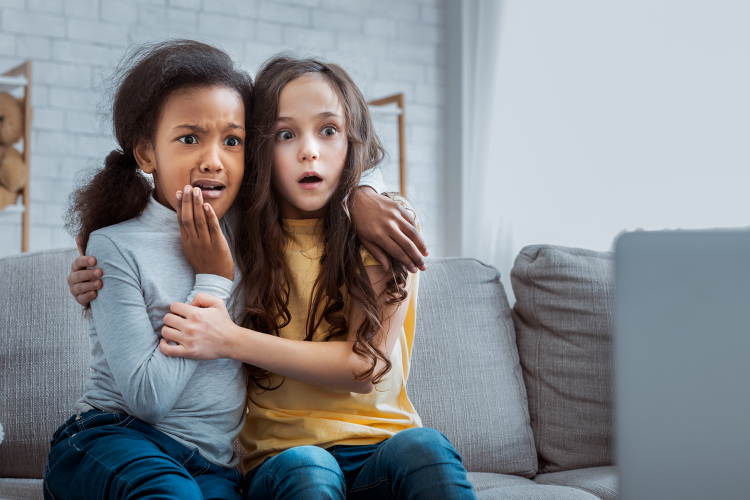How can I ensure social media safety for students with special needs?
How can I ensure social media safety for students with special needs? https://mediatrics.com/wp-content/themes/corpus/images/empty/thumbnail.jpg 150 150 Mediatrics Mediatrics https://mediatrics.com/wp-content/themes/corpus/images/empty/thumbnail.jpgQ: At the therapeutic day school where I work, we’ve been encountering a number of internet and social media issues with our students (all kids with emotional/behavioral special needs). I would love to get your thoughts and ideas on how to best educate our kids and their parents on how to understand and appropriately use media.In particular, we’re struggling to balance the kids’ appropriate desires to connect and be curious with their clinical needs and vulnerabilities. Taking a “just say no” approach doesn’t seem sufficient.
– Seeking social media stability for students, in Boston, MA
A: Dear Seeking,
Think of social media as tools that amplify social interactions. They are fast and “sticky”—that is, information spreads quickly and never really goes away. That can create real challenges, especially for students who have trouble with checking their impulses or managing their emotions.
For those reasons, teach your students, teachers, and parents to treat online interactions as seriously as in-person ones—and to manage them in similar ways:
- Keep your messages simple. One parent I know helps her son remember who it’s okay to connect with on Facebook by remembering “the 2 F’s for Facebook”: friends and family. This is the kind of message that is easy to repeat and remember. Another effective one is the grandma test—asking kids, “Would you be okay with your grandma seeing what you want to post? If not, then don’t post it!”
- Focus on ways of managing their emotions before they go online. If you teach them to take 10 deep breaths before saying anything when they’re upset, teach them to take 10 deep breaths before they post anything online—and then to walk away from the computer until they’re calm and thinking clearly. To help them build empathy, ask them to look at anything they’re about to post as if they were on the receiving end of it, and then make a decision about whether to actually post it.
- Supervise students as they go online until they show that they can manage themselves well there. A child who wouldn’t be left unsupervised in person shouldn’t be left unsupervised online. Make sure that when she goes online, there is an adult present with her. As she learns to use positive strategies for deciding when and what to post, you can gradually allow her to have more freedom.
It may be helpful to communicate about internet safety concerns with parents as well. Consider hosting an afterschool lecture or workshop about how to support students in using the internet and social media in positive ways.
Enjoy your media and use them wisely,
The Mediatrician®



